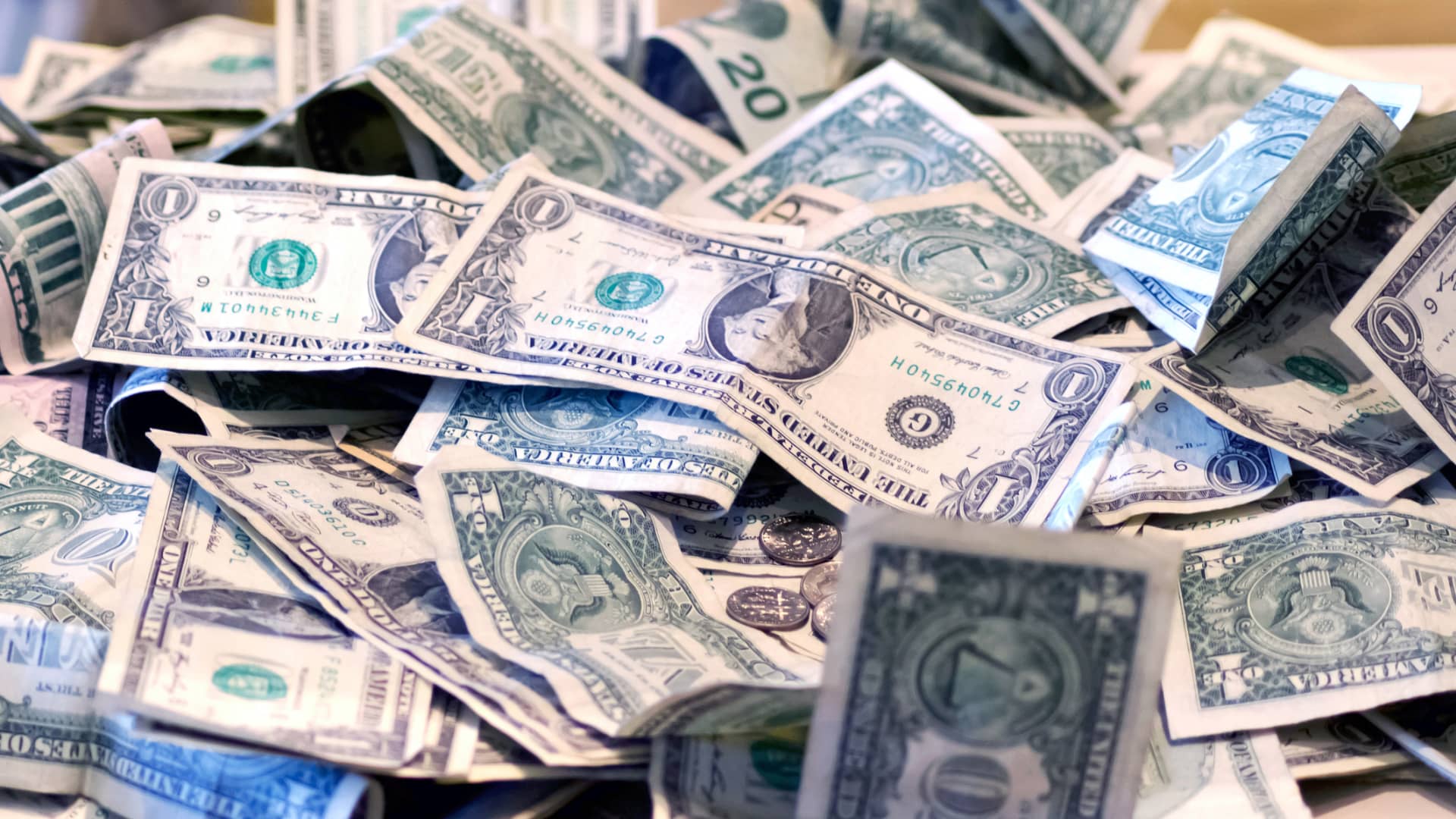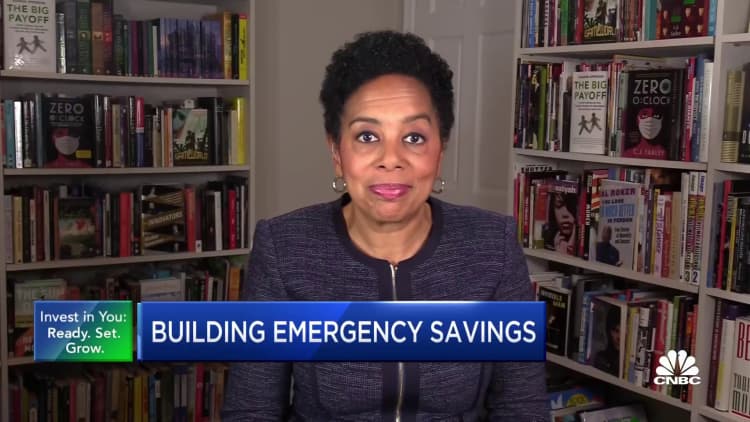
Susan Sheldon / Eyeem | Eyeem | Getty Images
Amid inflation, finding extra money for an emergency fund is probably harder — and more daunting. The latest inflation data from the government’s consumer price index report for September doesn’t help. It showed on Thursday that despite efforts by the Federal Reserve to slow the economy and bring down prices through interest rate hikes, inflation is not going away — in fact, prices for a broad range of goods and services went up again, and inflation rose even higher than market expectations.
“It’s a challenge because more of their discretionary income is being spent on things that are not discretionary in general,” said Jeffrey Mattonelli, a financial advisor at Van Leeuwen & Company in Princeton, N.J. “They’re probably not eating less, and they still need the same amount of household goods, they’re just spending more.”
Luckily, there are fairly simple ways for people looking to bolster their emergency savings. Here are five tips to get started building an emergency fund or save even more if you already have one.
It has to start with a spending plan
Start by making a spreadsheet so you know what it takes to run your household on a monthly basis. Your list should include all expenses you may incur such as rent, food, insurance, utilities, car payments, charity, student loans, vacations, said Lori Gross, financial advisor at Outlook Financial Center in Troy, Ohio.
Doing this will help you better understand what’s left over for savings needs such as retirement, college, long-term care and an emergency fund, she said.
Generally experts advise keeping three to 12 months of expenses on tap as an emergency fund. How much buffer will depend on factors such as age, life stage, job security and income predictability.

Make savings regular and automatic
Instead of throwing money into an emergency fund ad hoc, create a line item in your budget so you’re contributing every paycheck or month until you reach your goal, said Sam Waltman, senior wealth advisor at Los Angeles-based Kayne Anderson Rudnick.
Whatever amount you choose, consider it nondiscretionary and schedule it to go into an account dedicated for emergency purposes, he said.
Allow yourself weekly ‘fun money’
Many people overspend on recreational activities, leaving them less money to set aside for emergencies. To mitigate this issue, Gross tells clients to set aside a certain amount in cash for weekly fun money and hold themselves accountable (don’t leave fun money off the spending plan spreadsheet). And don’t cave in to the temptation to use a credit card to make up the difference. Although you may tell yourself you’ll spend less the following week, you probably won’t, she said.
More from Invest in You
No emergency savings? Workplace benefits can fill the gap
The fastest way to build an emergency fund
How to start saving while you’re still in college
Gross also advises clients to pay their credit card balance in full each month. Carrying a balance will cause you to rack up interest charges, which detract from your ability to save for emergencies. “It’s a lot better to pay it to yourself than somebody else,” she said.
Scrutinize subscriptions
Scrutinize your monthly expenses — especially subscription-based ones — to see where you can trim fat. While 95% of Americans think subscriptions will become more prominent over the next few years, 20% say they already feel like they have too many, according to a SurePayroll survey from July.
Recurring charges could include periodicals, streaming and television services, specialty mail-order subscriptions, gym and recreational memberships, home-maintenance, landscaping service and home cleaning, Waltman said.
“Maybe, if you peel back the layers, you’ll find you’re on some kind of recurring payment plan and you don’t necessarily need to be if you’re not using the service or getting value out of the service,” he said.
Search for lost funds
There are a number of non-conventional places people can look for “hidden money” to augment an emergency fund, said Chris McMahon, president and chief executive of Aquinas Wealth Advisors in Pittsburgh.
A person may have an old life insurance policy purchased by a parent, for instance. The policy may have accumulated cash value that can be used as an emergency savings buffer, he said.
Another option, if you’ve been doing your own taxes, is to consider working with a tax preparer to see if some deductions on recent tax returns may have been overlooked. If you’ve been working with the same tax preparer for years, a second opinion might also be in order, he said. Filing an amended return isn’t difficult, and the cost of using a tax preparer may pale in comparison to the found money, McMahon said.
A tax refund could also be used to build up an emergency fund, Mattonelli said. Better yet, rejiggering your withholding could mean more money in your pocket every month that can be set aside for an emergency, he said.
Another idea could be to stay with a family member and rent out your home for a few months. McMahon has had clients from Alabama who were able to make about $42,000 by renting their home to football fans during the college season. Another client rented his car through Turo, the peer-to-peer car-sharing company, bringing in about $4,300 in 90 days.
Others have padded their coffers with side hustles, delivering for Uber Eats in the evenings or selling items through companies such as Poshmark, a social commerce marketplace or The RealReal for authenticated luxury consignment.
“Sometimes people feel there’s no room for additional savings. But there are tangible techniques they can try,” McMahon said.
SIGN UP: Money 101 is an 8-week learning course to financial freedom, delivered weekly to your inbox. For the Spanish version Dinero 101, click here.
